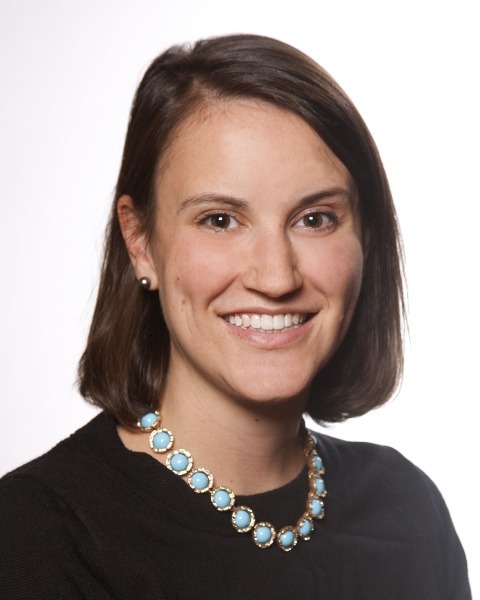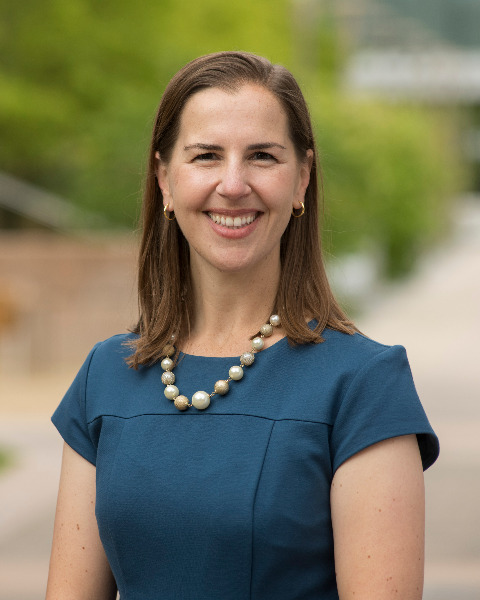Career Development
Hospital Medicine
Medical Education
Wellness and Well-being
Trainee Track
Coaching for Time Management: Helping Learners and Faculty Prioritize the Right Things
-

Alice Walz, MD (she/her/hers)
Assistant Professor of Pediatrics
MUSC Children's Hospital
Charleston, South Carolina, United States -

Kim Hoang, MD (she/her/hers)
Clinical Assistant Professor
Pediatrics
Stanford University School of Medicine
San Mateo, California, United States -

Kevin Chi, MD (he/him/his)
Clinical Assistant Professor
Stanford University
Castro Valley, California, United States -

Taryn Hill, MD, MEd (she/her/hers)
Pediatric Hospitalist
General Pediatrics
Johns Hopkins All Children's Hospital
Saint Petersburg, Florida, United States -
MT
Matthew Thomas, MD (he/him/his)
Clinical Instructor
Pediatric Infectious Diseases
Johns Hopkins All Children's Hospital
St. Petersburg, Florida, United States -

Kristal Matlock, MD (she/her/hers)
Assistant Professor
Medical University of South Carolina College of Medicine
North Charleston, South Carolina, United States -
KB
Kathleen Boyd, MD (she/her/hers)
Clinical Associate Professor of Pediatrics
Stanford University
Portola Valley, California, United States -

Monique Naifeh, MD MPH (she/her/hers)
Associate Professor
Department of Pediatrics
University of Oklahoma Health Sciences Center
Oklahoma City, Oklahoma, United States -

Carrie Rassbach, MD, MA Ed (she/her/hers)
Clinical Professor & Residency Program Director
Pediatrics
Stanford University
Palo Alto, California, United States -

Rebecca Blankenburg, MD, MPH (she/her/hers)
Clinical Professor, Assistant Dean of GME, and Associate Chair of Education, Pediatrics
Pediatrics
Stanford University School of Medicine
Palo Alto, California, United States
Leader(s)
Co-Leader(s)
Workshop
Description: Medical trainees are tasked with efficiently developing knowledge and skills to function effectively in an ever-changing, high-paced, health care environment. Proper time management and prioritization are key and learnable skills that can promote personal productivity, optimize work-life integration, and decrease burnout. Coaching has emerged as a key strategy to promote the personal and professional development of medical learners. Specific coaching techniques of reflective practice, examining priorities, and goal setting are specific ways that coaching can both aid in skill development and foster work-life integration.
This interactive workshop will begin with an overview of coaching in medicine and an introduction to the time management matrix (TMM), which is a structured tool for organizing and prioritizing tasks. The majority of the session will be spent in interactive small and large group sessions where participants will apply TMM and coaching techniques in simulated discussions. We will end by sharing a Coaching for Time Management Toolkit that can be brought back to participants’ home institutions for learner and faculty development.
Learning Objectives:
- Describe a time management framework and the importance of prioritization for personal and professional development
- Apply coaching strategies to different clinical and work contexts to promote time management
- Explore barriers and facilitators to coaching learners to promote work-life integration
